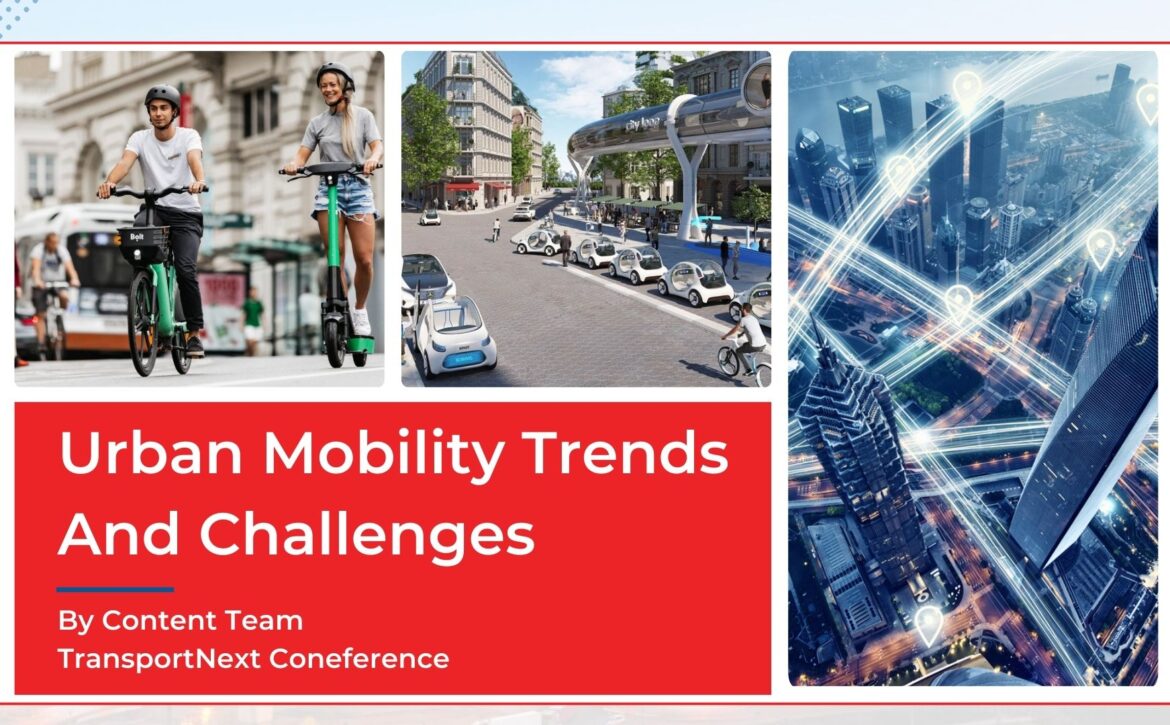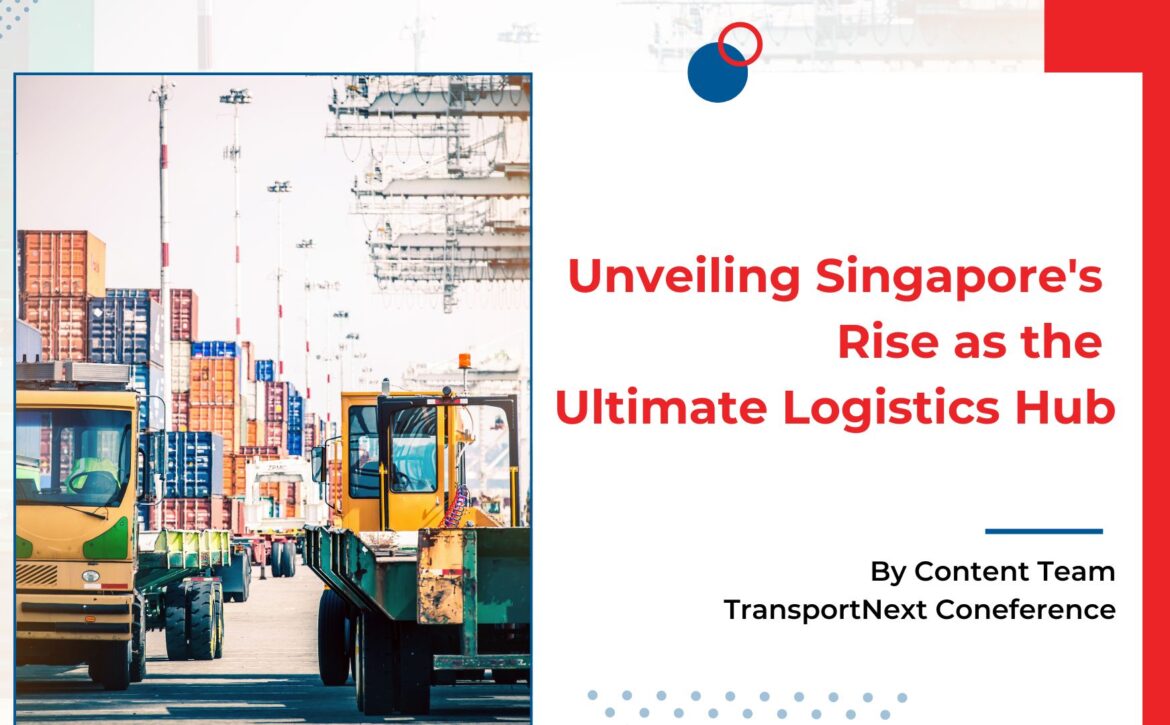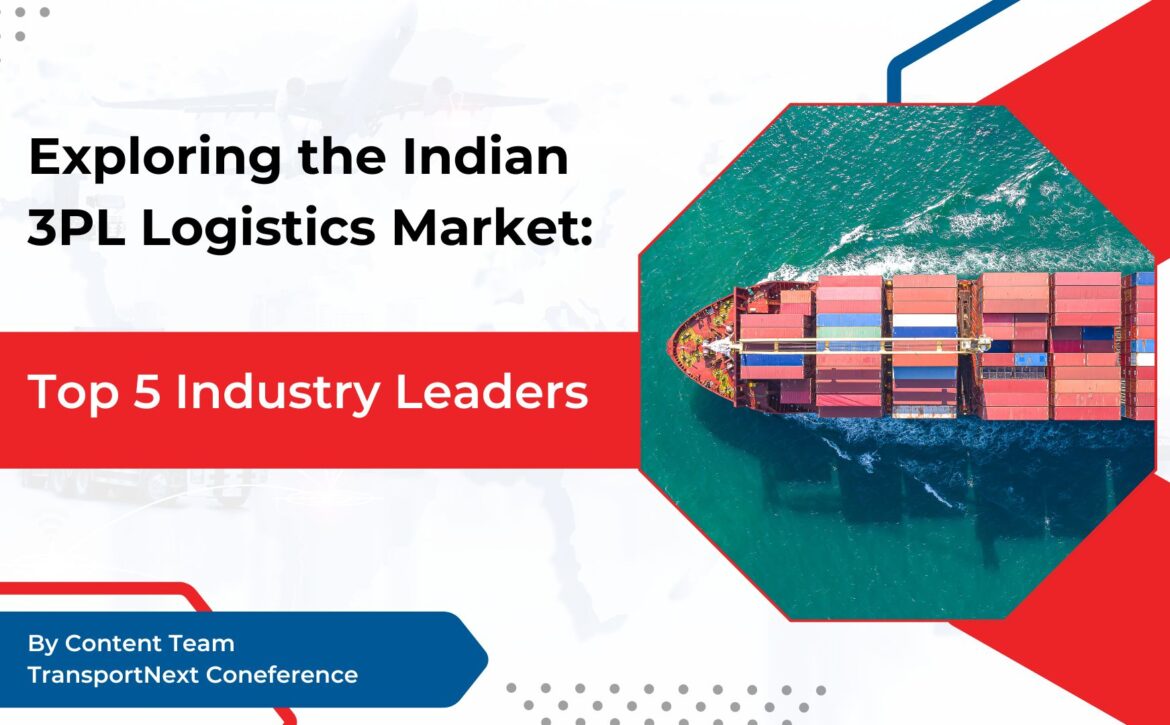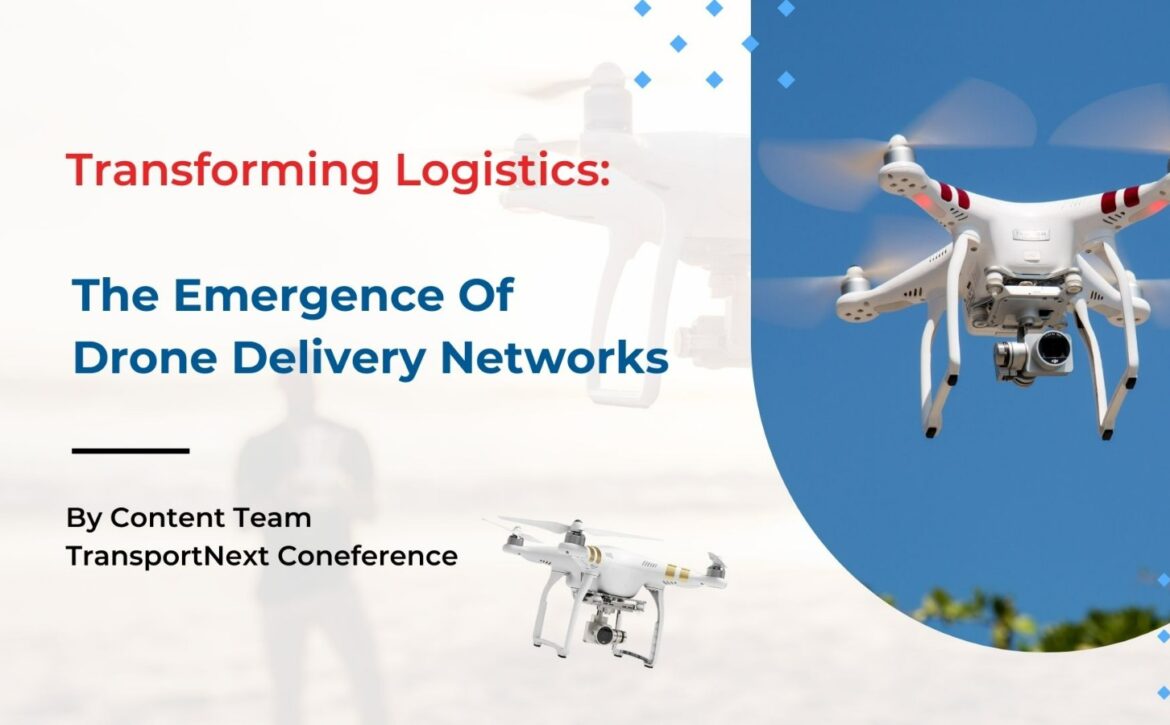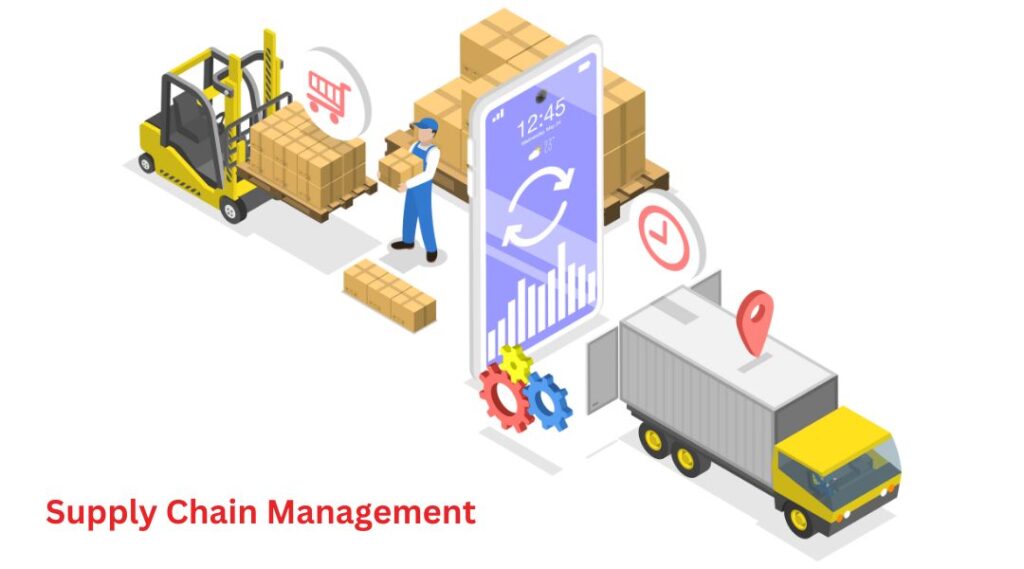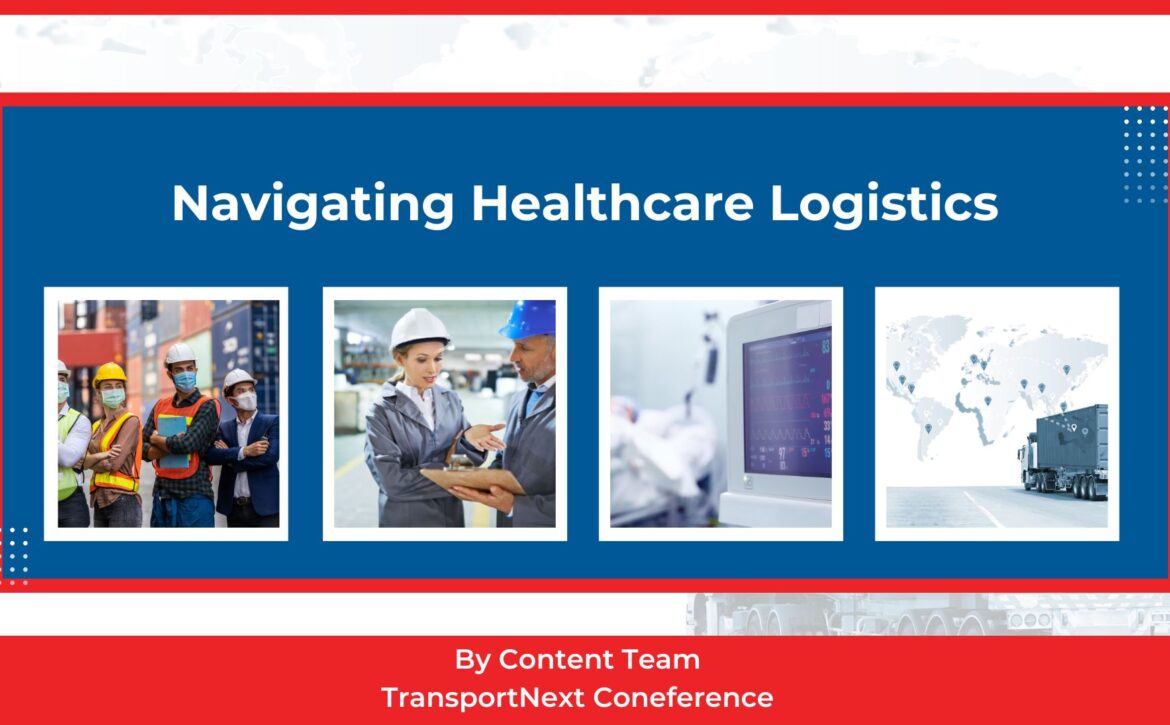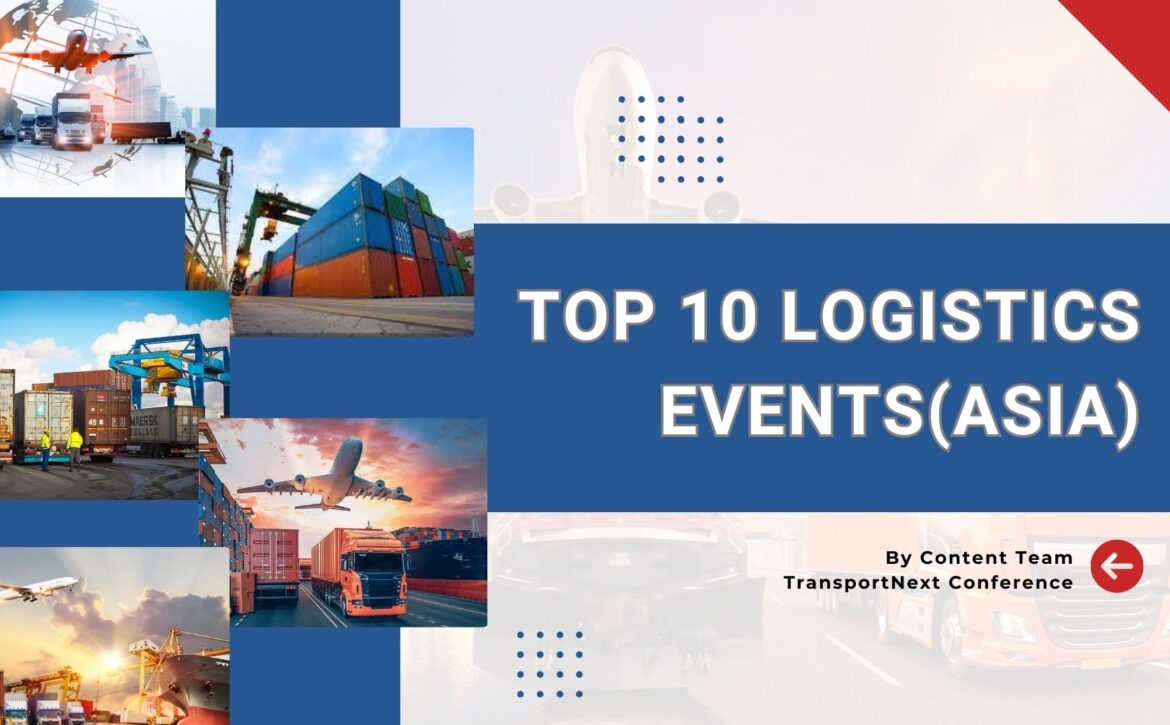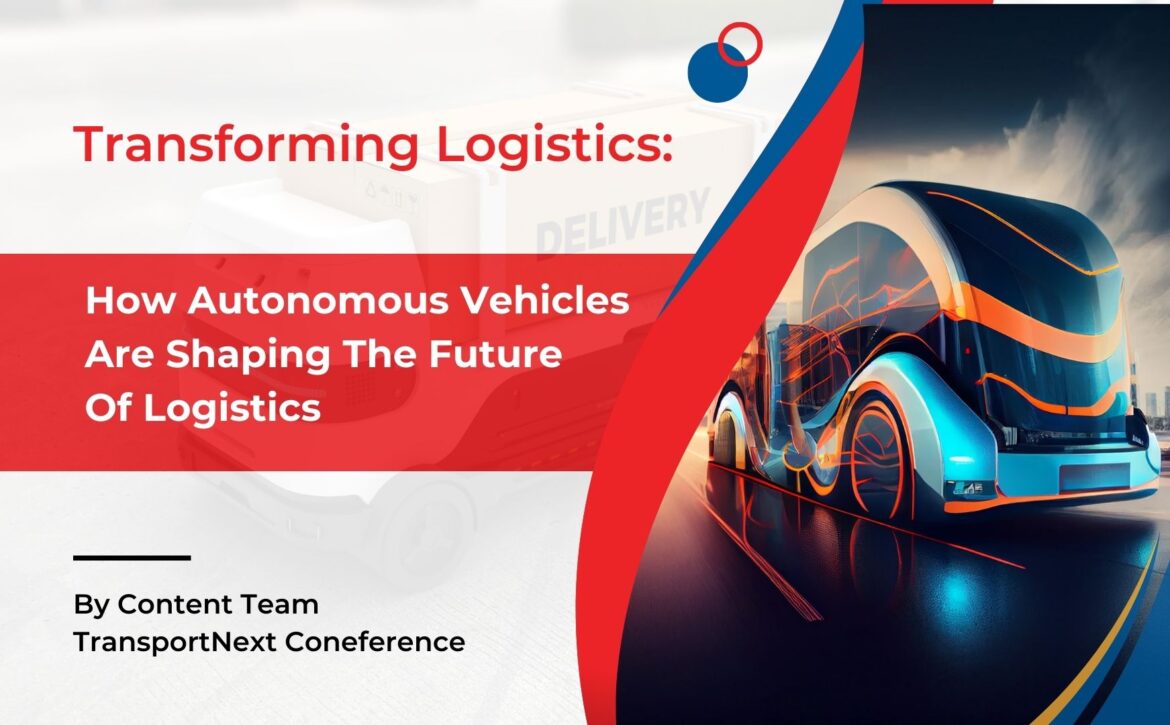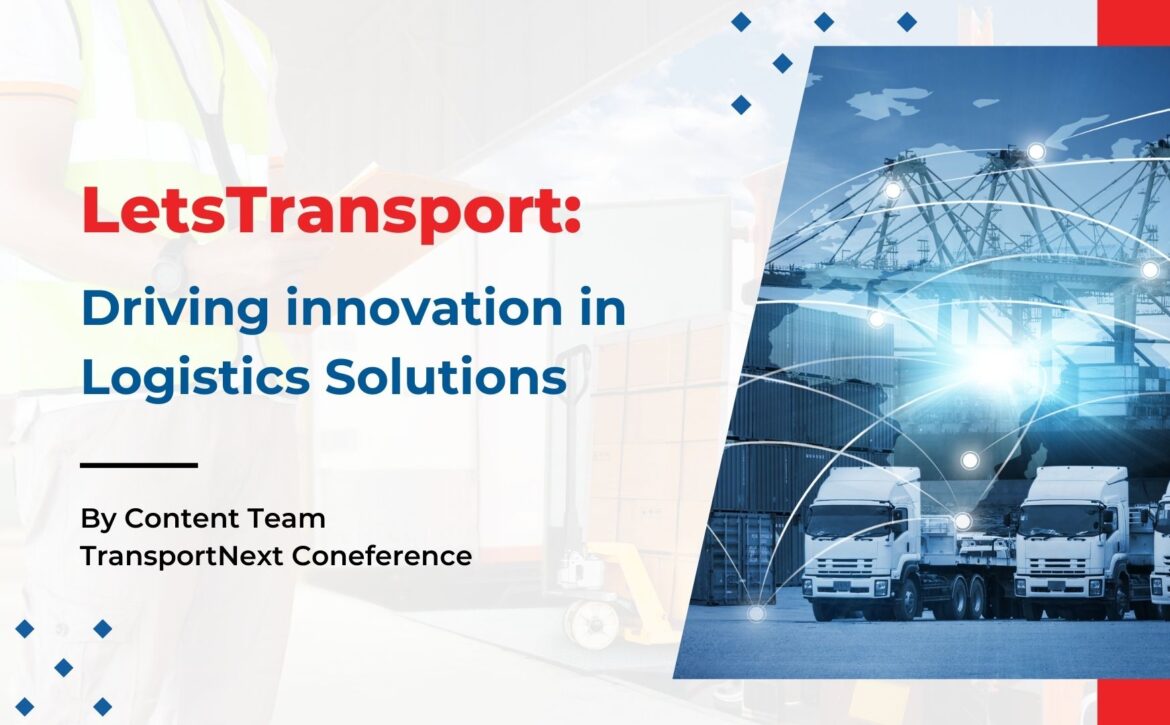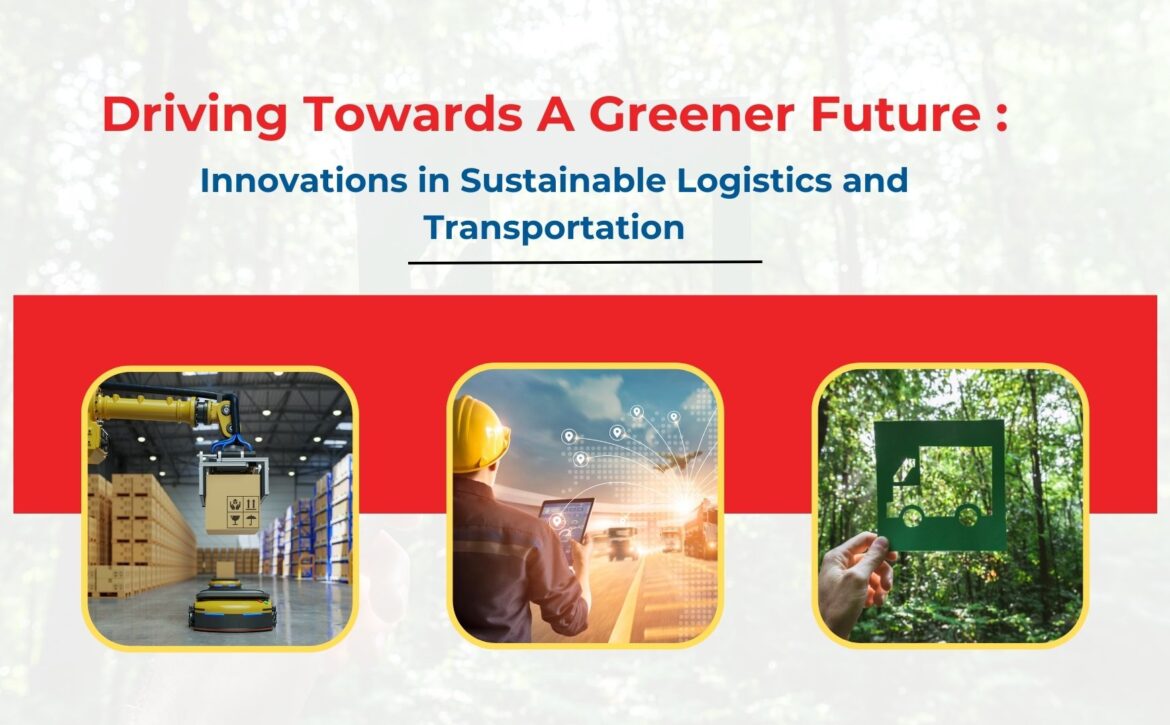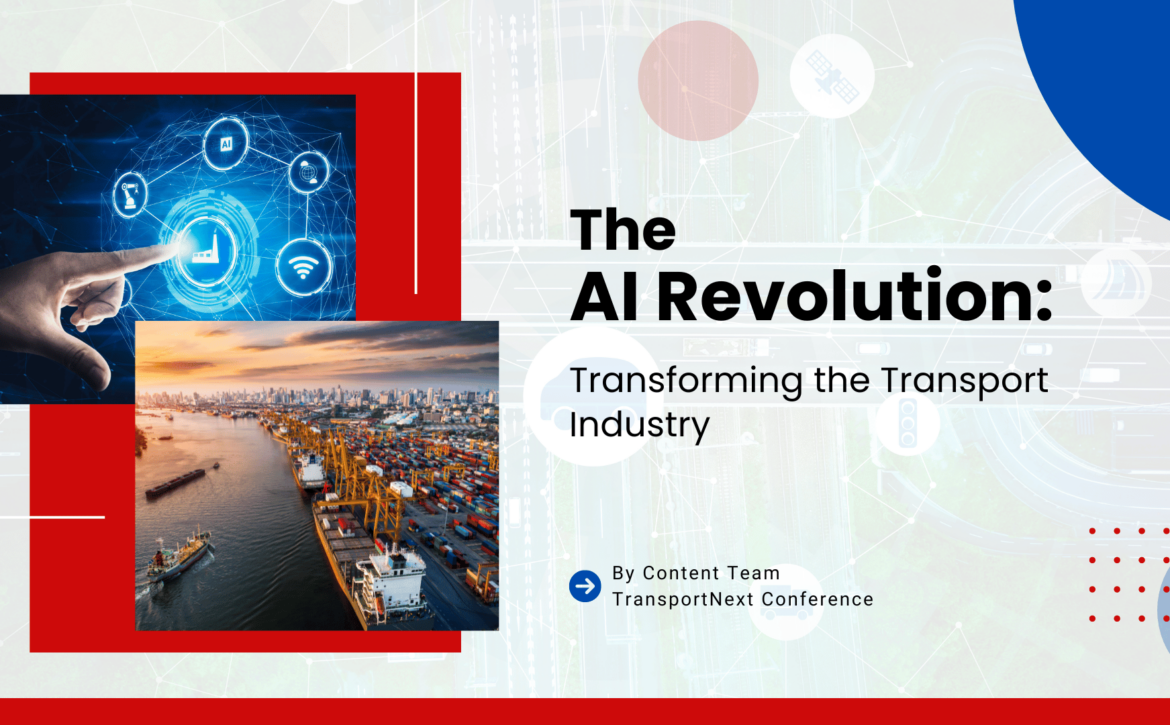Urban Mobility Trends And Challenges
Urban Mobility Trends has been one of the biggest expanding and covering topic because of advance technology. Technology is progressing day to day with its new experiments and making the challenges of the world easy and in some cases, making difficulties. So, let’s look into Urban Mobility Trends and Challenges and try to understand.
Cities worldwide are increasingly focusing on urban mobility to enhance the speed and comfort of city travel for residents. With over 50% of the global population residing in urban areas, the need to address inefficient and environmentally harmful transportation is paramount. Such inefficiencies negatively impact quality of life , urban productivity, energy consumption, congestion, air pollution, and personal safety.
Urban Mobility Trends Solutions
Urgent action is required to develop innovative mobility solutions that support urban growth while mitigating these negative effects. Unchecked reliance on private cars further worsen these challenges, threatening quality of life and economic development. However, shifting attitudes towards car ownership, especially among younger citizens in developed nations, present new opportunities for digital solutions to transform urban transportation. The advent of smart urban mobility solutions, leveraging technologies like smart infrastructure, autonomous vehicles, and vehicle sharing, promises to alleviate congestion and pollution while enhancing sustainability and economic vitality as cities continue to expand.
Table of Contents
Urban mobility, which refers to the movement of people and goods within urban areas, encompasses three main types of transportation: collective, individual, and freight. While passenger mobility results from individual choices influenced by various factors, freight mobility is determined collaboratively by cargo owners and transportation service providers. Urban Mobility trends encompass various shifts in transportation patterns within urban areas.
Navigating the complexities of urban mobility presents cities with a multitude of challenges that demand innovative solutions and strategic planning.
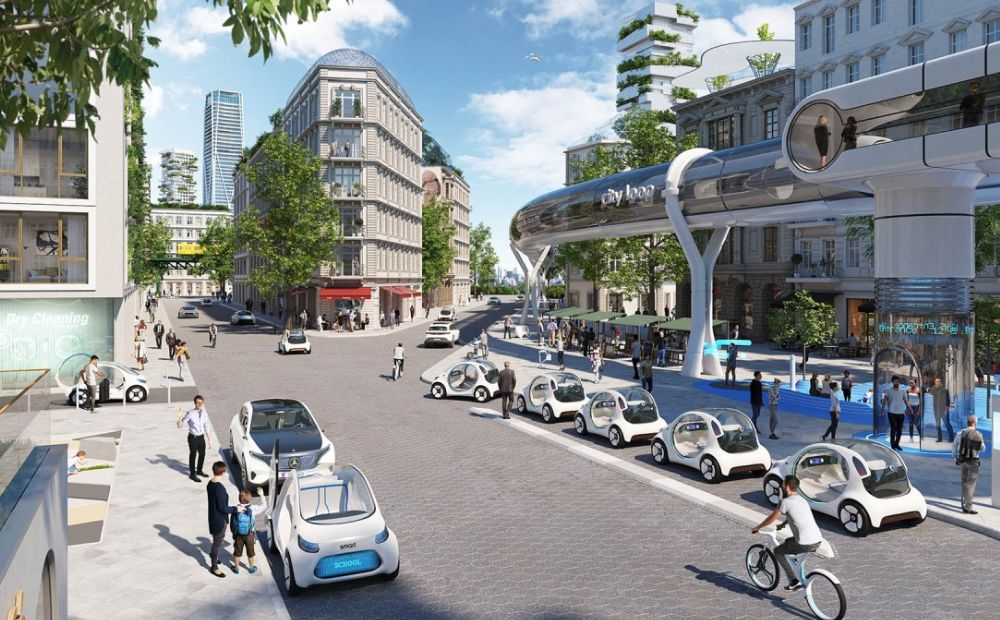
A Glimpse on Some Challenges
Congestion:
Traffic jams and long commutes are common in urban areas. As cities grow and become more populated, congestion worsens, putting pressure on existing infrastructure.
Lack of Sustainable Transportation Options:
Many cities lack efficient public transport systems or alternatives to private cars. This leads to increased reliance on personal vehicles, contributing to pollution and traffic.
Social Inequality:
Access to transportation is not equal for all residents. Some neighborhoods may have better connectivity, while others struggle with limited options. Addressing this inequality is crucial for sustainable urban mobility.
Air Pollution and Health Issues:
Poor air quality due to vehicle emissions affects residents’ health. Respiratory problems, high blood pressure, and mental stress are linked to inefficient mobility solutions.
First-Mile and Last-Mile Connectivity:
Ensuring seamless connections between public transport and residential areas is essential. Many people face challenges in reaching transit stops or their final destinations.
Goods Movement:
Efficient movement of goods within cities is critical for economic activities. Urban logistics need innovative solutions to reduce congestion and improve delivery efficiency.
Parking Inefficiency:
Parking systems often suffer from inefficiencies, leading to wasted space and increased traffic. Smart parking solutions can optimize usage and reduce congestion.
Traffic Flow Optimization:
Congested freeways and arterial streets require better traffic management. Technologies like intelligent traffic signals and real-time data can help improve flow.
Aging Infrastructure:
Among the most intricate urban mobility challenges lies in the infrastructure found in numerous cities globally. Public transportation systems were initially designed for smaller populations and have not undergone adequate updates overtime. The aging infrastructure poses not only an increased risk of road accidents but also presents growing maintenance costs which continue to escalate over the years.
Complex Stakeholder Landscape:
Urban mobility involves multiple stakeholders—governments, municipalities, service providers, and citizens. Coordinating efforts and finding city-specific solutions is challenging.
Privacy and Data Protection:
Implementing digital technologies requires compliance with local privacy regulations. Balancing data exchange with privacy protection is crucial.
Addressing urban mobility challenges requires a multifaceted approach, considering technology, equity, and sustainability. Each city must tailor solutions to its unique context.
Some Current Trends
1. Micro-Mobility Revolution:
The mobility sector, spanning from traditional public transport to tech-driven services , plays a vital role in urban resilience. Micro Mobility is fundamentally centered on its core purpose: transporting individuals. It is primarily characterized as personal mobility intended to move its passengers efficiently. Its aim is to provide unparalleled freedom of movement while also minimizing its environmental impact.
This minimalistic approach entails leaving no discernible trace and requiring minimal resources for operation These include bicycles, e-bikes, electric scooters, electric skateboards, shared fleets and electric pedal assisted (pedelec) bicycles. The rise of micro mobility vehicles provide flexible and sustainable urban mobility alternatives for short trips. These innovations not only enhance city resilience but also combat global warming by reducing car dependency and improving road safety.
2. Shared Mobility Services:
Continued growth of ride-sharing, car-sharing, and bike-sharing services are offering convenient and cost-effective alternatives to traditional car ownership.
3. Autonomous Vehicles:
The trend of AVs is a significant aspect of Urban Mobility Evolution. AVs promise to enhance safety by reducing human error, which is a significant cause of accidents. They also have the potential to improve traffic flow and reduce congestion through optimized route planning and coordination. AVs have the potential to improve transportation accessibility for people with disabilities, the elderly, and those who are unable to drive, enhancing mobility options and quality of life for these populations.
4. Data-driven Solutions:
The data analytics and smart technologies are used to optimize traffic flow, improve transportation efficiency and enhance urban planning decisions. Transport for London promotes active travel with a database of 500,000 images of cycling assets, boosting confidence for potential cyclists as they adopt multimodal commutes, enhancing resilience. The Transport of London uses ticketing tap data to track station usage, helping the public make informed travel decisions and aiding in emergency response planning. Artificial Intelligence enhances the analysis of these datasets, unlocking their value across the public transport sector. In 2019 a design was proposed for large-scale urban vehicular network framework in Smart Cities to improve the reliability and predictability of wireless connections in metropolitan cities.
5. Multi-Modal Integration:
Increased emphasis on integrating different modes of transportation, such as public transit, biking, walking, and ride-sharing, to create seamless and efficient urban mobility networks.
6. Infrastructure Investments:
Growing investment in urban infrastructure projects aimed at improving public transit systems, expanding bike lanes, and creating pedestrian-friendly spaces to enhance overall mobility and quality of life. Government of India launched the National Electric Mobility Mission Plan (NEMMP 2020)in year 2013 which aims at achieving National Fuel Security by promoting Electric and Hybrid vehicles in the country. India’s Electric Vehicle (EV) Mission 2030 plans to have an all electric fleet of vehicles by 2030. Under the Green Urban Transport Scheme, the Government aims to launch eco-friendly transportation in urban areas.
7. Last-Mile Solutions:
Innovative approaches to address the ‘’last-mile’’ challenge, such as on demand shuttles, micro-transit services, and delivery drones, to improve connectivity and accessibility in urban areas.
8. Policy and Regulation:
Implementation of policies and regulations to support sustainable and equitable urban mobility, including incentives for electric vehicles, congestion pricing, and zoning ordinances promoting mixed-use development.
9. Emerging Technologies:
Exploration of emerging technologies like hyperloop, flying taxis, and urban air mobility to reimagine urban transportation and overcome existing infrastructure limitations. Purdue University Researchers are concentrating on meeting the unique battery requirements of electric vertical takeoff and landing aircraft (eVTOLs), which hold promise for revolutionizing the transportation sector and cutting carbon emissions.
Summary
The goal of urban mobility is to determine the best way to reduce congestion and the environmental impact without adding to current transit times. From the proliferation of micro mobility options to the integration of smart technologies, cities are adapting to meet evolving demands. The ongoing trends in urban mobility are reshaping transportation systems to be more sustainable, efficient, and accessible.
The annual premier worldwide event, the TransportNext Awards, Conference and Expo organized by Next Business Media in Singapore and the United States presents an opportunity to delve into various trends and innovations in Urban Mobility. The transport and logistics community throughout the rest of the world is served by the Singapore edition.
By taking advantage of Singapore’s advantageous position, it offers a forum for global cooperation and knowledge sharing. TransportNext Singapore provides enlightening talks, engaging workshops, and a large expo. It also highlights innovative solutions and promotes strategic alliances. The TransportNext Awards, which honor achievements in the sector, are the focal point. This Logistics event guarantees an unmatched networking and growth-promoting experience because of its global reach and dedication to Logistics and Transportation industry improvement.


